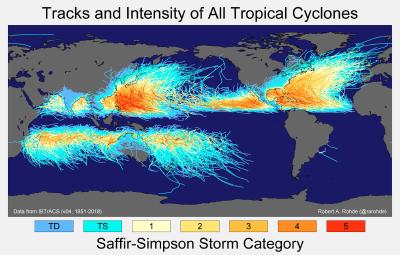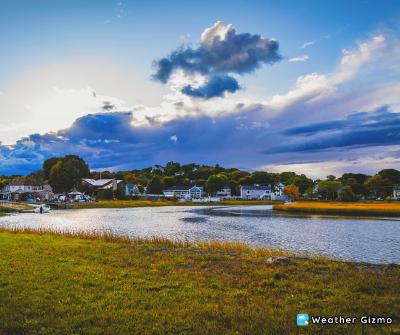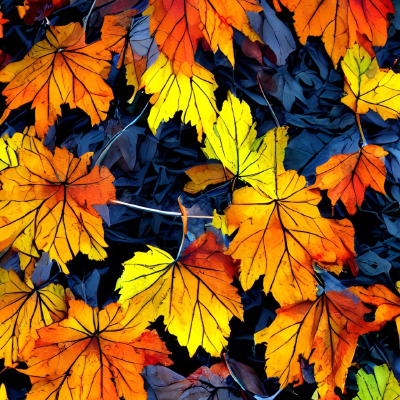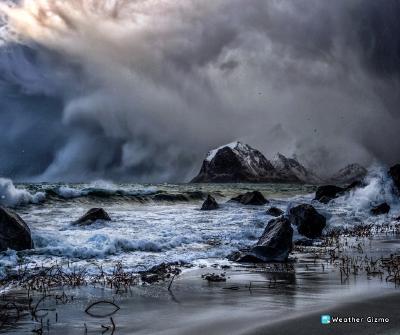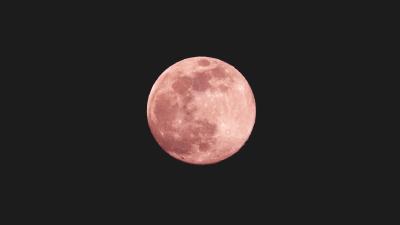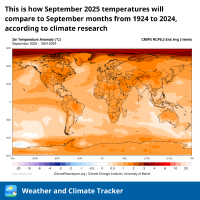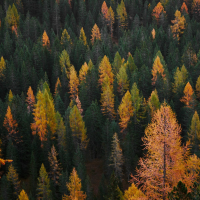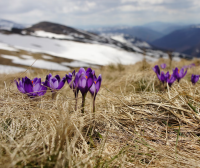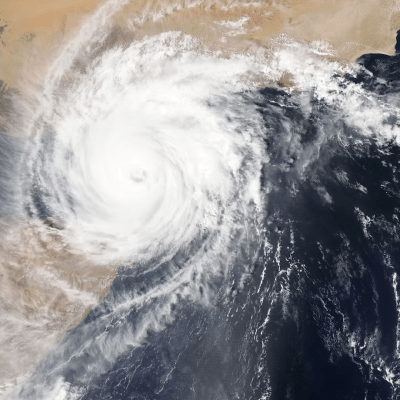
[Sky]
How Hurricanes Get Their Names?
Did you know how hurricanes and typhoons get their names? Previously, no system existed; the names of the hurricanes depended on the date (for example, Hurricane Santa Anna, which happened on St. Anne’s Day) or its form (as happened with Hurricane “Pin”). There were even anecdotic cases: for example, one meteorologist from Australia used to give the hurricanes the names of politicians who voted against the budget for meteorological research.
Read more...